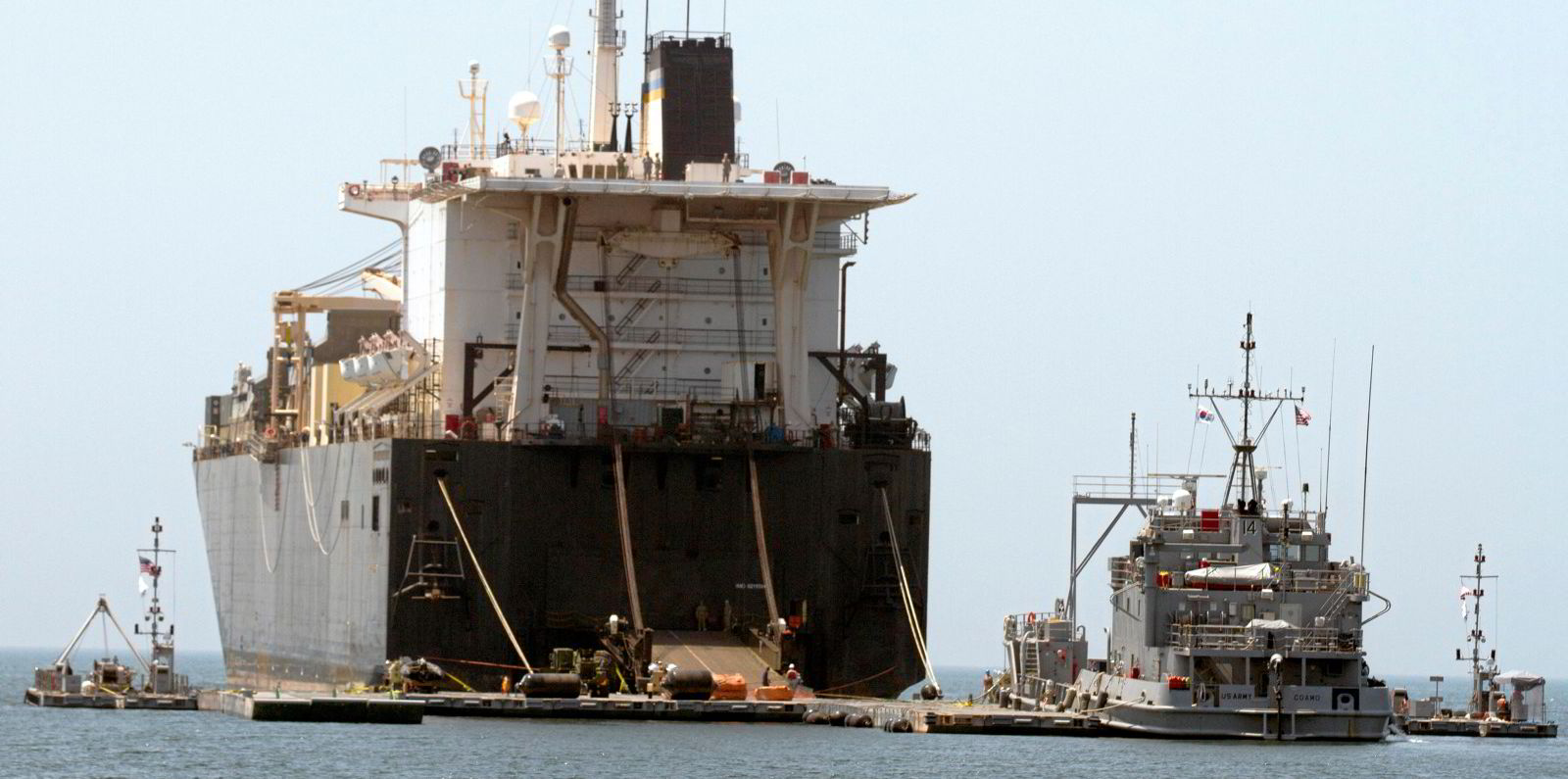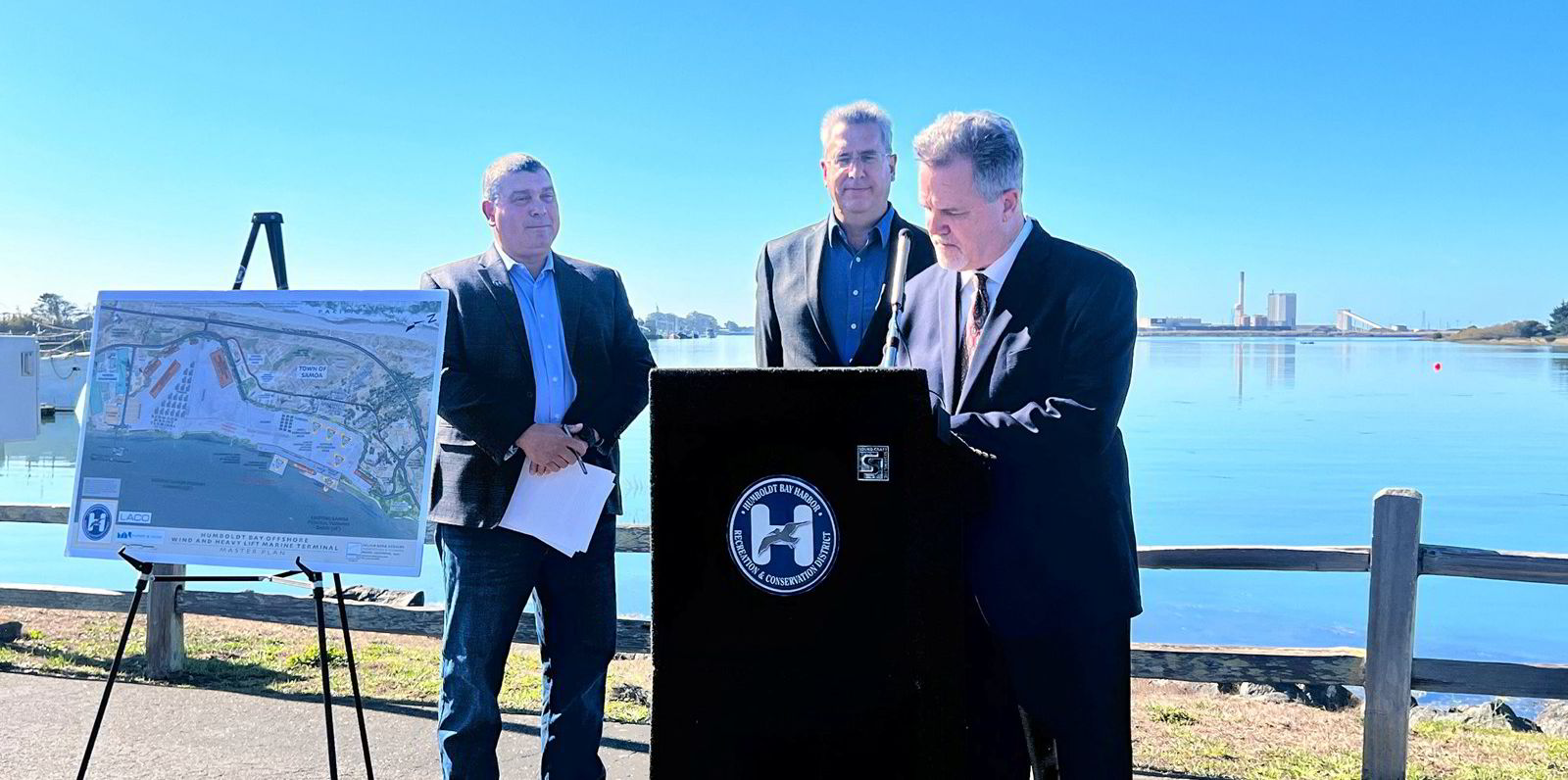When the US Congress passed a sweeping bill to fund national defence for the 2023 fiscal year, tucked within it was legislation aimed at combating sexual harassment and assault on US-flagged ships.
But one corner of the Safer Seas Act has sparked a debate: a provision requiring shipping companies to report harassment — not just sexual harassment — to the US Coast Guard.
American Waterways Operators, an organisation made up of shipping companies on inland rivers and lakes in the US, wants Congress to delete that line from the law.
In a white paper, AWO contends that the term is not defined in the legislation. It does clearly define sexual harassment and assault, and those after all are the main goals of the Safer Seas Act, but the group argues that harassment alone is outside the scope of the rules.
Caitlyn Stewart, vice president of regulatory affairs at AWO, told TradeWinds that her organisation recognises that sexual harassment and assault, as well as harassment, have no place in the maritime industry.
But she said the undefined reference to harassment is generating confusion.
“What we are trying to do, informed by our conversations with members, with the Coast Guard and with our congressional allies, is to ensure that the law does not create more challenges than it is solving,” she said.
Undefined term harassment
The group has argued that workplace harassment is already addressed extensively in federal, state and local laws, and that employers are in the best place to deal with it.

“The way that we have determined would be best to do that is by eliminating this undefined term harassment from the law, since there’s already a very robust, very well-defined and well-understood framework for prohibiting and for preventing, harassing conduct from the workplace.”
But Ryan Melogy, a lawyer who founded Maritime Legal Aid & Advocacy and who has spoken out about his own experience with harassment when he worked at sea, told TradeWinds that the answer to the Safer Seas Act’s failure to define harassment is not to roll back protections that have been granted to seafarers.
Rather, he said the answer is to strengthen those protections.
“Instead of removing the requirement to report harassment ... we need Congress to elaborate on this in the next round,” Melogy said, explaining that it is important to have the Coast Guard’s third-party check to ensure shipping companies do not sweep harassment allegations under the rug to protect its own interests.
‘Psychological impact’
Melogy pointed to his own experience with harassment, and how it is different than on shore.
“The psychological impact of being harassed on a vessel when you are a crew member is not well understood,” he said. “You are trapped in a floating prison. You can’t go anywhere. You live with these people. There are enormous power imbalances.”
Sponsored by Representative Peter DeFazio, a Democrat who represents a district in Oregon, the Safer Seas Act emerged as a response to growing attention to sexual assault and harassment on US-flagged vessels. It passed as part of the National Defense Authorization Act in December of last year — a time when Democrats were about to hand over control of the House of Representatives after an election victory by rival Republicans.
Among its provisions, it requires shipping companies to integrate procedures in their safety management system and to install video cameras in common areas of ships.
Erring on the side of caution
Coast Guard messaging has made it clear that the agency interprets the law’s reference to harassment to refer to more than just sexual harassment.

While the Safer Seas Act does not define harassment, in a bulletin to the industry and an FAQ published in September, the Coast Guard said shipowners, masters and operators must report any instance or complaint of “harassment, sexual harassment, or sexual assault” to authorities if it violates an employer’s own policies or the law.
Attorneys at law firm Phelps Dunbar have said this language could expose shipping companies to claims under Title VII of the Civil Rights Act, which includes prohibitions of harassment in the workplace that is based on race, ethnicity, religion, sex, national origin, disability or age.
“Vessel owners and operators may want to err on the side of caution and report complaints and incidents of any internal race, religious, national origin or age-based harassment to the US Coast Guard,” Phelps Dunbar lawyers Magdalini Galitou and Caroline Perlis wrote in a note to clients.





